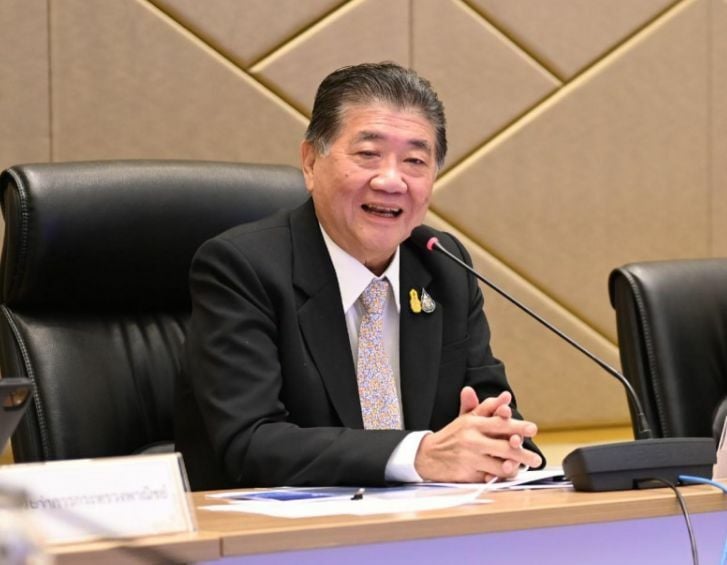Thailand extends control on 57 items to protect consumers

Government spokesperson Phumtham Wechayachai announced the extension of control over 57 products and services for another year to regulate essential goods and services for consumers, effective from today, June 12 onwards.
The deputy prime minister and minister of commerce reported the decision following a meeting of the Central Committee on Prices of Goods and Services (CCP) held yesterday.
The meeting concluded with a resolution to extend the regulation of 57 items across 11 categories for another year to ensure proper oversight by the Price of Goods and Services Act of 1999.
These 11 categories include paper and products, transport equipment, agricultural factors, petroleum products, medicines and medical supplies, construction materials, key agricultural goods, consumer goods, food, other goods, and services.
Additionally, the committee approved the cancellation of the factory gate price regulation for sugar, as proposed by the Office of Cane and Sugar Board (OCSB). This decision reflects the stabilisation of the sugar market, although sugar will remain a controlled product.
If necessary, measures can still be imposed to oversee its pricing. The next step will involve presenting the matter to the Cabinet to officially extend the control list for another year.
The meeting also endorsed the requirement for displaying the prices of goods and services at the point of sale through three channels. These include offline channels for 290 items (240 goods and 50 services), online channels, and measures for displaying purchase prices for 33 agricultural products to prevent exploitation, reported KhaoSod.
The importance of these measures in maintaining market stability and protecting consumers from unfair practices was emphasised. Maintaining control over these items ensures that prices remain fair and accessible, reflecting the government’s commitment to consumer protection and market regulation.
The decision to extend the control period comes at a crucial time as the country navigates economic recovery. By continuing to monitor and regulate essential goods and services, the government aims to prevent price gouging and ensure that the public can access necessities without undue financial strain.
Latest Thailand News
Follow The Thaiger on Google News:


























